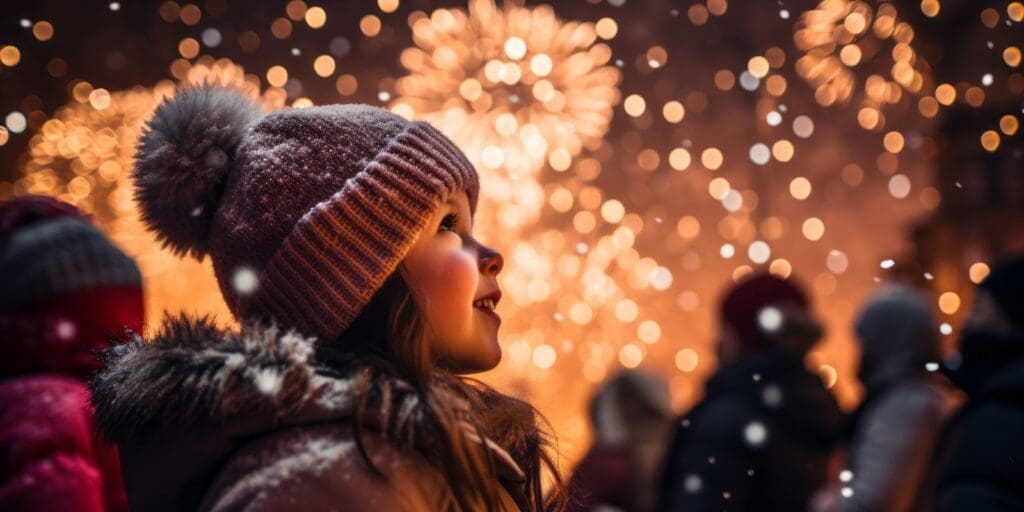With Bonfire Night fast approaching, St John Ambulance Cymru has shared some vital safety advice, to ensure everyone can enjoy the festivities safely.
Volunteers from the first aid charity for Wales will be at various local firework displays across the country this weekend just in case somebody gets hurt. It’s important to take safety precautions to help keep everyone safe this Bonfire Night.
- Go to an organised firework display.
Fireworks can be extremely dangerous, so it’s always better to leave it to those who have been professionally trained. It’s also a great opportunity to get together with your local community!
Although an organised display is safer, if you do decide to have your own display, make sure you purchase fireworks which are suitable for home use. The packet should be marked to show they conform with British Safety Standards. This will ensure risks of injury are reduced.
Your regional fire and rescue service will also be able to provide you with advice on lighting fireworks safely. For more information go to your local service’s website: South Wales Fire and Rescue Service, North Wales Fire and Rescue Service or Mid and West Wales Fire Service.
- Stay safe with sparklers.
Always wear gloves when using sparklers and make sure to hold them at arm’s length. When the sparkler has finished, place it in a bucket of sand / water to reduce the risk of a fire starting or anybody getting burnt.
- Take precautions with your bonfire.
Ensure you build your bonfire in an open space, away from anything that could be caught. Before lighting a bonfire, prepare nearby buckets of water / fire extinguishers just in case it gets out of control. Keep all flammable liquids away from the area, including aerosol cans. If the fire becomes out of control, get as far away from the flames as possible and call 999 immediately.
Even by taking these precautions, accidents can still happen. If somebody does burn themselves, ensure the area is held under cool running water for at least 20 minutes and remove any jewellery or clothing (unless they are stuck to the burn) before the area begins to swell.
When the burn has cooled, cover the area loosely with cling film, lengthways. Avoid using ice, creams or gels as they may increase the risk of infection.
Monitor the casualty and seek medical advice by calling 111 if you are concerned. If the burn has happened to a child or an infant, you should always seek medical advice, no matter how small the injury.
St John Ambulance Cymru’s Chief Volunteer Richard Paskell said: “Whilst the preference would always be for people to enjoy fireworks at organised events, we want to make sure that families having bonfire parties at home have the knowledge and confidence to act quickly should an accident happen. This can make a huge difference to the severity and lasting impact of an injury.”
If you see St John Ambulance Cymru volunteers at your local firework display, make sure you give them a wave!

